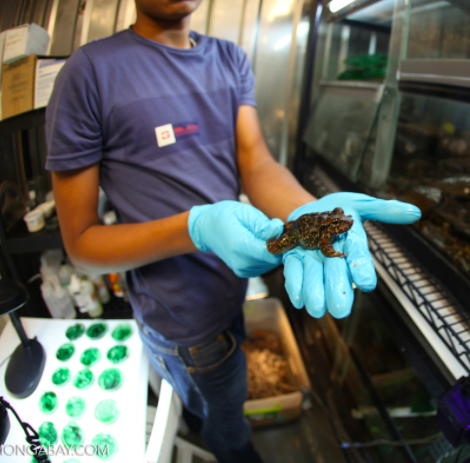What makes conservation projects succeed, or not?

The scientific evidence for what kinds of nature conservation programs actually work is always changing, and the use of such evidence should be standard practice when creating new programs, our two guests on this episode argue.
Hiromi Yamashita & Andrew Bladon with the Conservation Evidence Group join us to discuss their massive new “What Works In Conservation 2021” report, which evaluates scientific evidence for the success of conservation initiatives.
Yamashita shares her work on how traditional and local knowledge benefit conservation initiatives--especially around coastal conservation projects--while Bladon provides a broad overview and details about the newest sections added to their latest report, like the evidence for mammal conservation project successes or failures:
Also discussed is Mongabay’s Conservation Effectiveness series, which looks at the scientific evidence for a number of strategies, from forest certification to marine protected areas and payments for ecosystem services:
Please invite your friends to subscribe to the Mongabay Newscast wherever they get podcasts, or download our free app in the Apple App Store or in the Google Store to get access to our latest episodes at your fingertips.
If you enjoy the Newscast, please visit www.patreon.com/mongabay to pledge a dollar or more to keep the show growing, Mongabay is a nonprofit media outlet and all support helps!
See all our latest news from nature's frontline at Mongabay's homepage: news.mongabay.com or find us on Facebook, Twitter, and Instagram by searching for @mongabay.